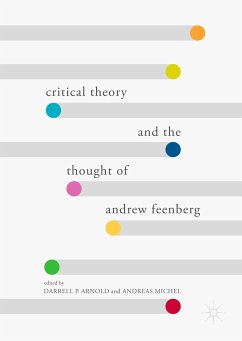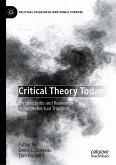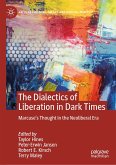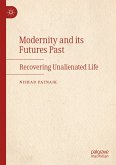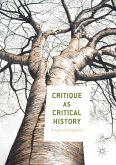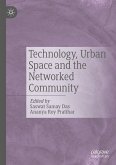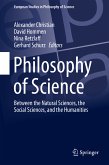This volume explores Andrew Feenberg's work in critical theory. Feenberg is considered one of the key 'second generation' critical theorists, with a keen interest in philosophy of technology. He has made a vital contribution to critical theory in ways that remain of interest given the pressing technological issues of our time. The authors of this book highlight not only the ways that Feenberg has begun to make good on what is often characterized as "the broken promise of critical theory" to address issues of technology, but also the continued importance of critical theory more generally, and of Feenberg's contributions to understanding this tradition.
Dieser Download kann aus rechtlichen Gründen nur mit Rechnungsadresse in A, B, BG, CY, CZ, D, DK, EW, E, FIN, F, GR, HR, H, IRL, I, LT, L, LR, M, NL, PL, P, R, S, SLO, SK ausgeliefert werden.

